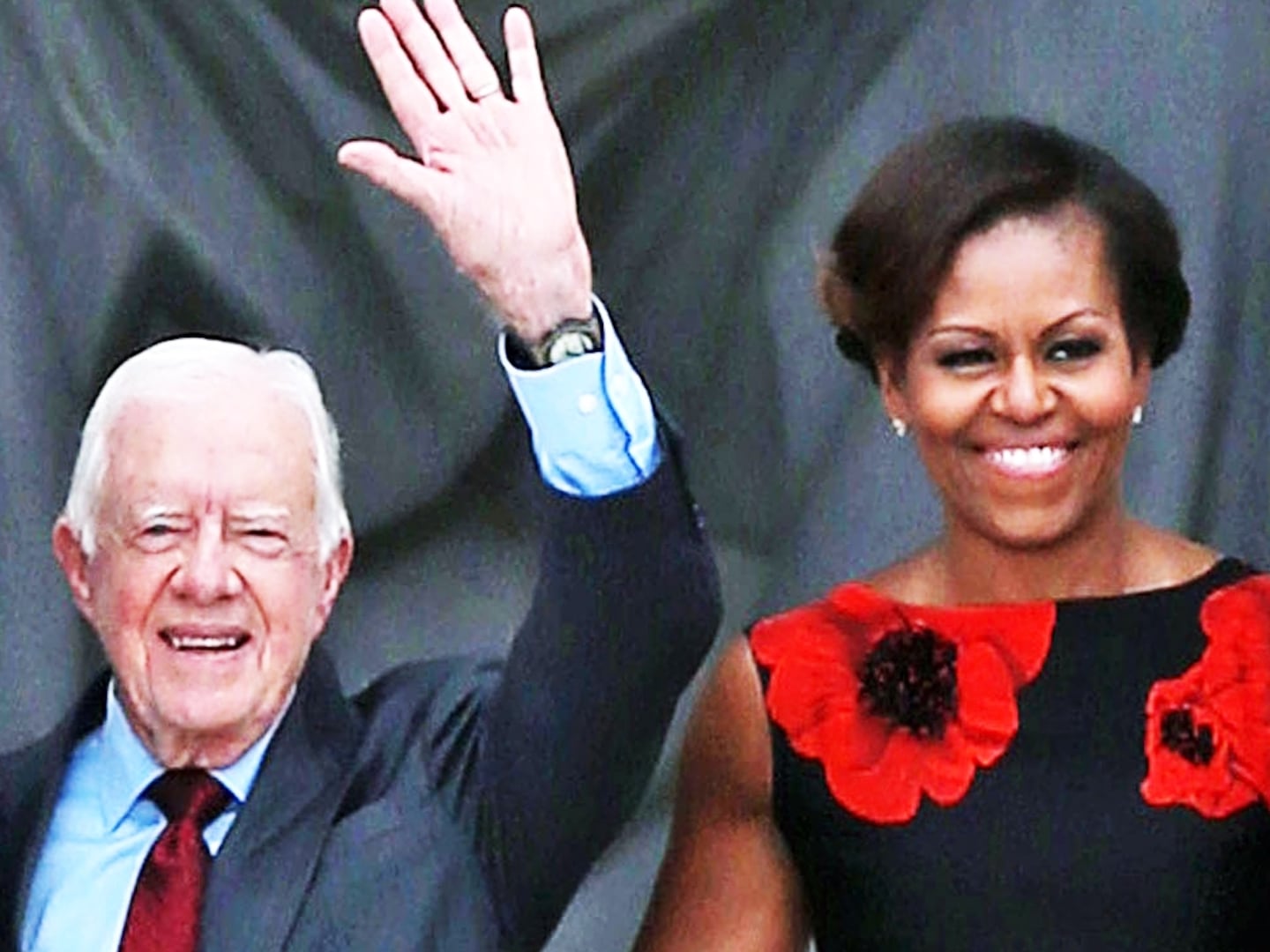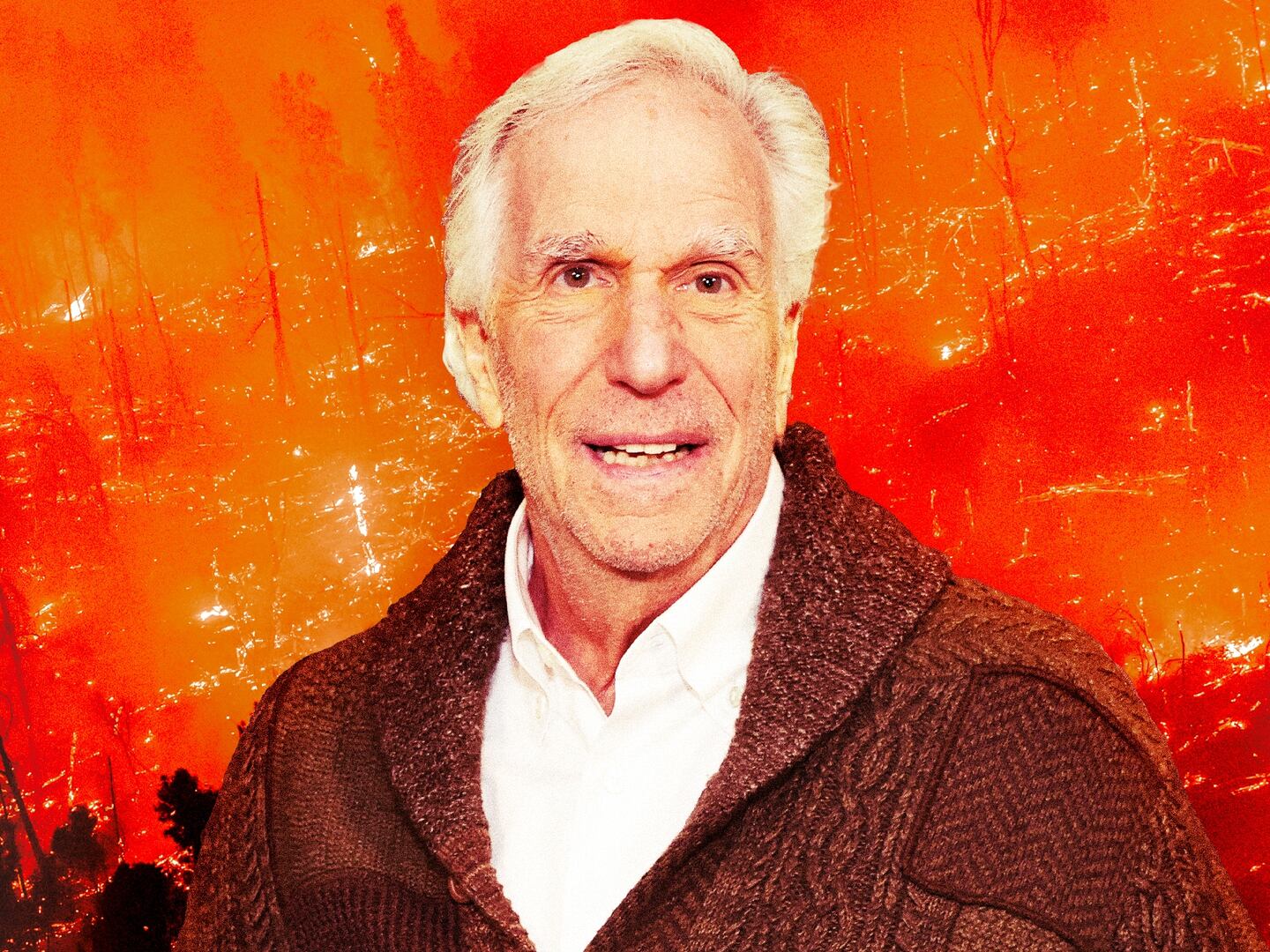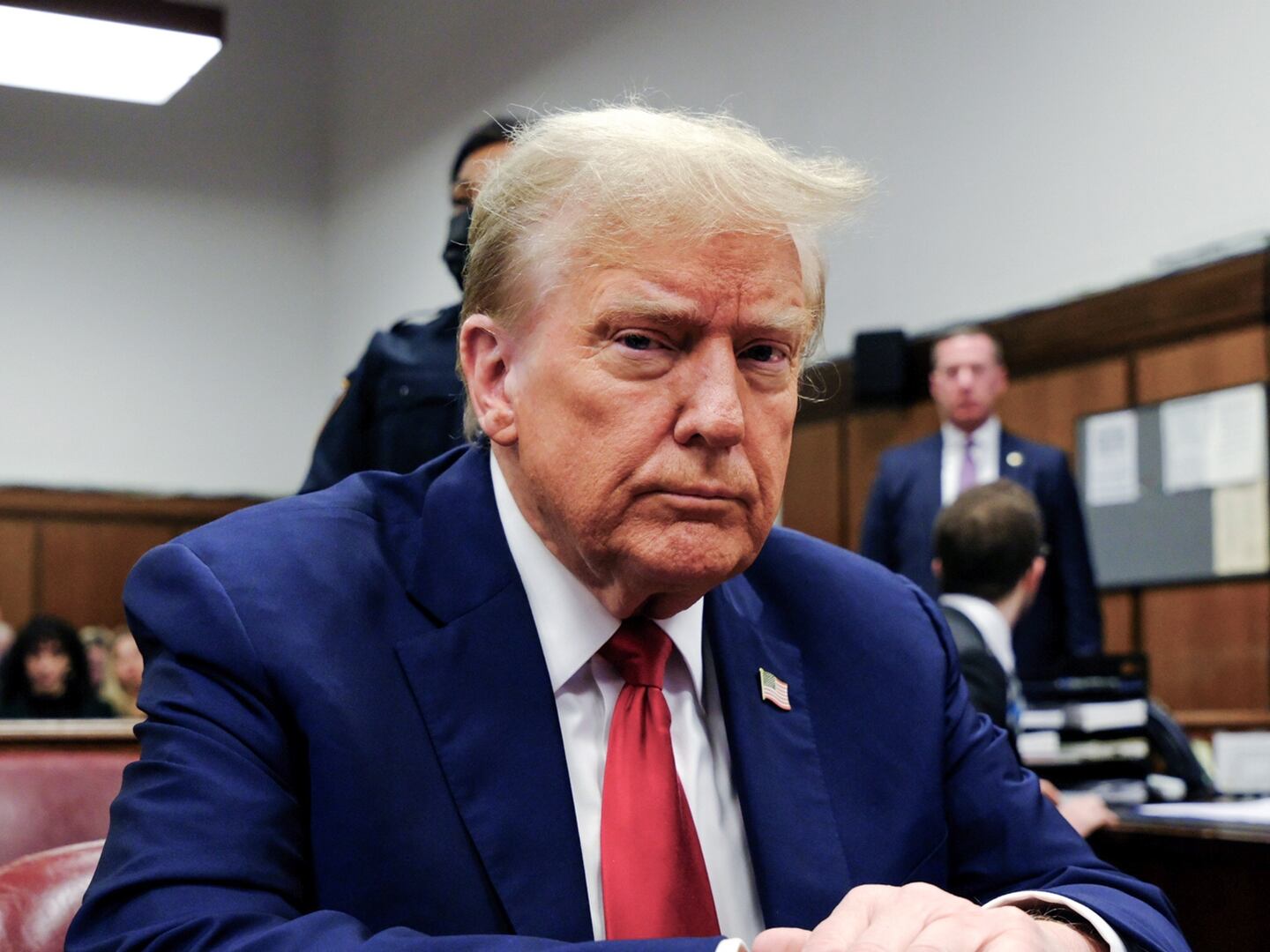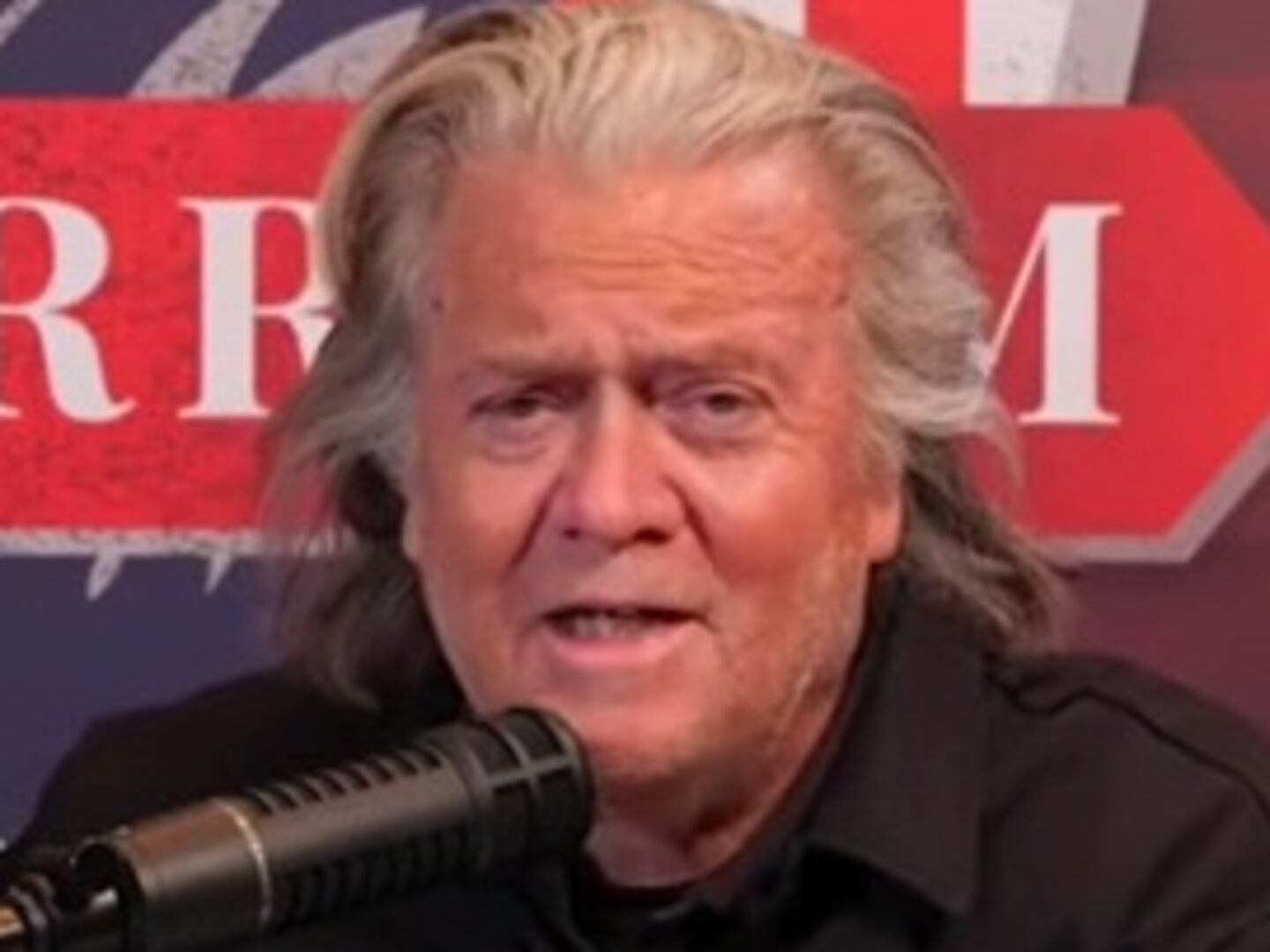Archive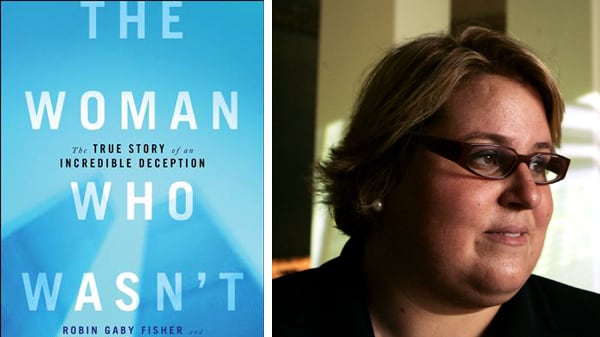
Michael Appleton, NY Daily News / Getty Images
Inside Tania Head’s Terrible 9/11 Lie: ‘The Woman Who Wasn’t There’
Fantasist
A new book chronicles the (literally) unbelievable story of 9/11’s most famous ‘survivor.’ By Robin Fisher and Angelo Guglielmo.

Trending Now


